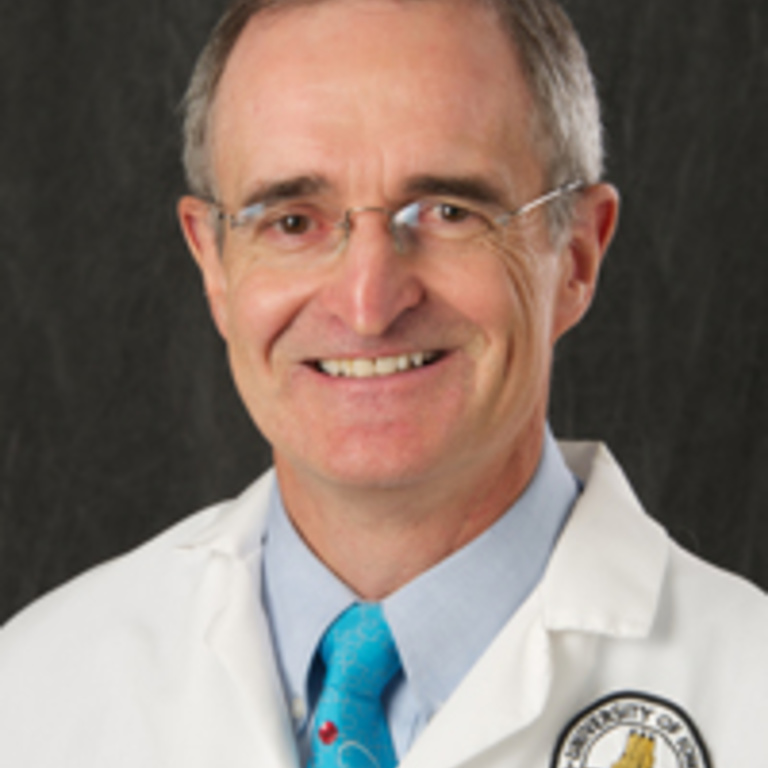Richard Smith, MD
My laboratory focuses on inherited hearing impairment and complement-related renal diseases like mebranoproliferative glomerulonephritis type II (MPGN II; also known as Dense Deposit Disease) and atypical Hemolytic Uremic Syndrome.
Hereditary deafness is common. It affects 1:1, 000 newborns and accounts for greater than 50% of severe-to-profound childhood deafness. It also affects the elderly. Nearly 50% of octogenarians have difficulty communicating without the use of amplification, and in many, the cause is genetic. Inherited hearing impairment can occur with other co-inherited clinical features to form a recognized phenotype (syndromic hearing loss) or appear in isolation (non-syndromic hearing loss). Non-syndromic hearing loss accounts for approximately 70% of genetic deafness. It is almost exclusively monogenic and is highly heterogeneous, with some estimates of the number of deafness-causing genes exceeding 100. We are studying both syndromic and non-syndromic types of deafness. Projects include gene localization by linkage analysis and homozygosity mapping, mutation screening and detection, and hearing-related research on mouse mutants. Functional assays include yeast-2-hybrid screens and expression studies using a variety of reporter systems. We are using RNAi to develop novel methods to correct hearing loss. Ongoing studies are focused on many of the dominant and recessive non-syndromic loci, Branchio-Oto-Renal syndrome and presbycusis. Complement-related renal diseases are rare. MPGN II leads to end-stage renal failure in 50% of affected persons. It is usually diagnosed in children, with girls being more likely to progress to renal failure. Persons with MPGN II also develop Drusen, which are yellowish deposits in the retina that appear similar on funduscopy to the changes seen in age-related macular degeneration (AMD). AMD is the most common cause of loss of vision in the elderly and interestingly, both MPGN II and AMD are associated with abnormal regulation of the alternative pathway of the complement cascade, suggesting that similar mechanisms are involved in these two diseases. Atypical Hemolytic Uremic Sydnrome is also associated with dysregulation of complement. Mutations in Complement Factor H, Factor I and MCP can result in atypical Hemolytic Uremic Sydnrome. Determining the genetic cause of this disease is tremendously important as the prognosis for a successful renal transplant can vary from a low of 10% for persons with Complement Factor H mutations to a high of 80% for persons with mutations in MCP. We are studying both MPGN II and atypical Hemolytic Uremic Sydnrome with the ultimate goal of developing treatments for these two diseases.
